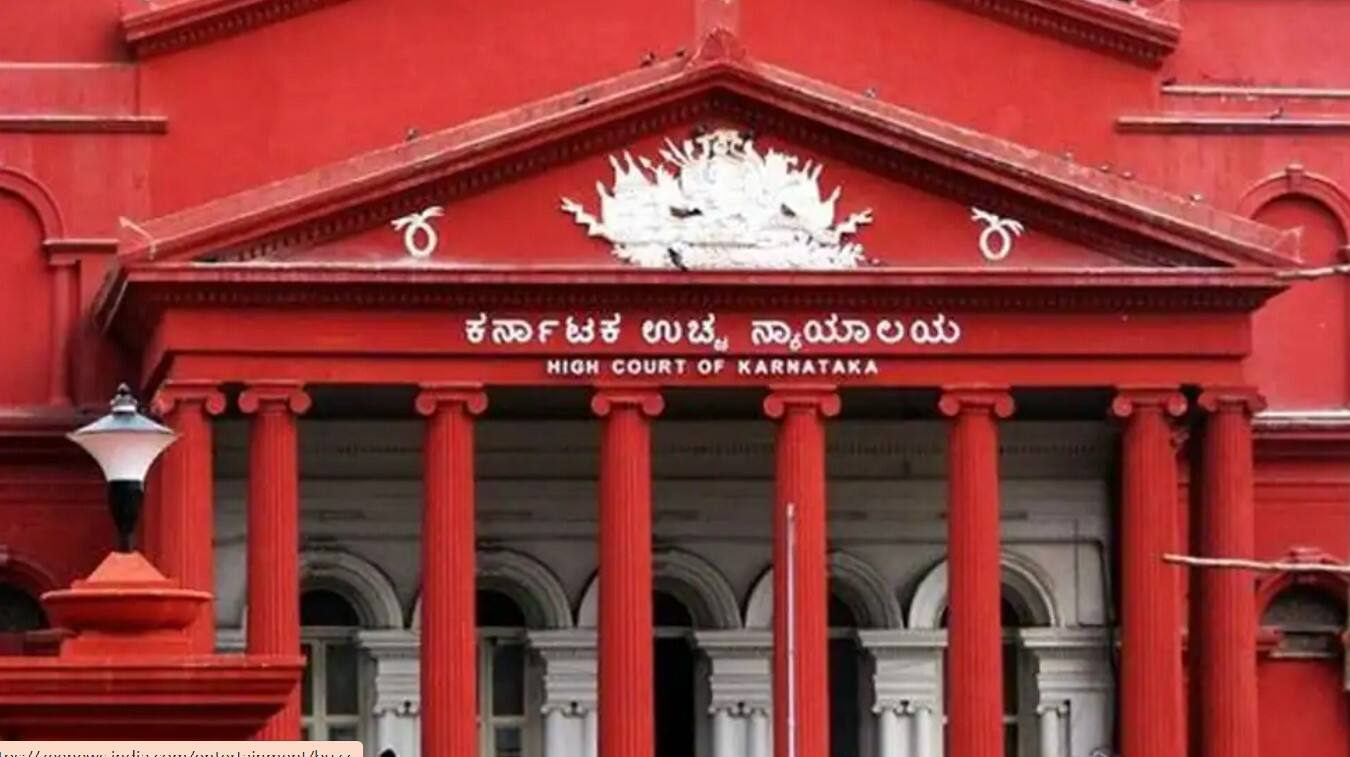The hearing on the ongoing Hijab row would continue in Karnataka High Court on Monday. Today, the Karnataka government contended before the Karnataka High Court that the hijab is not an essential religious practice of Islam and preventing its use did not violate Article 25 of the Indian Constitution, which guarantees religious freedom.
The state's Advocate General Prabhuling Navadgi told the full bench of the High Court comprising Justice Awasthi, Justice J M Khazi and Justice Krishna M
Dixit that the practice of wearing hijab should also pass the test of constitutional morality as interpreted in various Supreme Court judgments, including the Sabrimala case.
"We have taken a stand that wearing Hijab is not an essential religious part of Islam," Navadgi told the HC bench.
AG Navadgi also rejected the charge of the girls, who challenged the Karnataka government's order on February 5 which restricted students from wearing hijab or saffron scarves saying that it violated Article 25 of the Constitution. Article 25 gives freedom of conscience and free profession, practice and propagation of religion to the citizens of India.
"If somebody wishes to exercise the right to freedom of religion, it has to be seen if this exercise affects public order, health and morality," Navadgi contended.
To buttress his point, he said during the COVID-19 pandemic all the religious places were shut and the purpose for keeping the places closed was public health. In terms of Hijab, it has to be tested in terms of morality, health and public order.
The government order also does not violate 19(1)(A), Navadgi argued. Article 19(1)(a) of the Constitution guarantees to all its citizens the right to freedom of speech and expression.
The Advocate General also contended that the February 5 order of the state government was in accordance with the law and there was nothing to object.
In view of the hijab-versus-saffron scarves row, the bench had passed an interim order earlier restraining students from wearing them on the campus till the final order was passed.
According to the AG, the practice of hijab should pass the test of constitutional morality and individual dignity as expounded by the Supreme Court in the Sabrimala and Shayara Bano cases.
Navadgi told the court that the uniform was in place in Udupi government pre-university college for girls since 2018. However, the difficulty began in December last year when some students approached the principal and insisted that they should be allowed to attend classes with hijab.
Accordingly, the parents were called and told that the uniform norm was there since 1985 which the students need to follow but the girls did not agree and decided to protest.
The AG also stated that when the government learnt about the incident, it said it will constitute a high-level committee with a request not to escalate the problem further. However, till then the issue had spread to other compelling government to pass an order on February 5 restricting the use of any cloth that could disturb peace, harmony and, law and order.
















